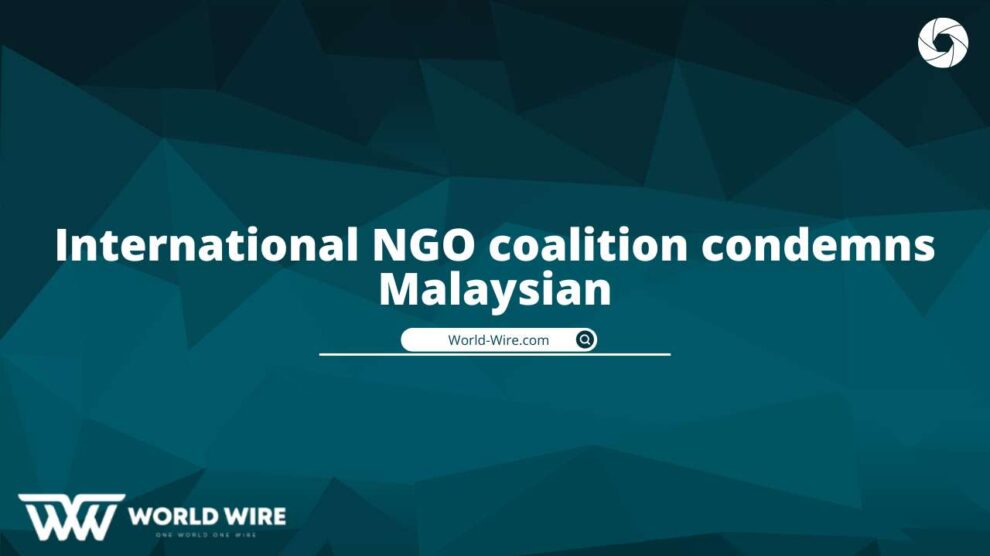A request has been made to the International Dark-Sky Association to clarify its position regarding the impact that the proposed Sedona, Arizona 89a highway lighting project would have on the certification process for International Dark Sky Places (IDSP).
We find it disturbing that the Arizona Department of Transportation (ADOT) has shown a general lack of concern for providing a solution that addresses traffic safety concerns in an environmentally friendly way as we review the project’s history. According to the CivTech report, dated December 2010, there are several options available for addressing community safety concerns without installing continuous roadway lighting (CRL).
Moreover, this report clearly indicates that current IES RP-8 standards do not require CRL due to the volume of traffic at night. ADOT, however, appears to have ignored these recommendations and installed CRL, which will result in significantly reduced night sky viewing, energy waste, greenhouse gas emissions, and substantial operating costs for the community.
With proper shielding of the fixtures, outdoor lighting should only be used when necessary, in only the quantities necessary, and directed to the areas needed. The proposed plan of ADOT addresses only the last criterion. In addition to lighting the intersection outlined in the CivTech analysis, we recommend adopting the non-lighting recommendations as well. For CRLs to function effectively, they should be turned off when the traffic load indicates that they are no longer needed and at the minimum illumination level required for the time of night. By 9 PM, current IES-recommended practices could easily be followed. Programmable timers can be installed to accomplish this for very little cost, resulting in vast reductions in energy, costs, and greenhouse emissions.
It is imperative that remediation methods are phased in and an analysis of their effectiveness is conducted prior to installing additional measures. There should be no first consideration of CRL in any project of this size and cost.
It is here where the IDSP certification question comes to a head.
A stringent set of standards must be adhered to by IDSC designees through outdoor lighting plans and planning and zoning directives to protect the natural night sky. In official terms, a dark sky community is a city, municipality, or other legally organized community that has demonstrated a commitment to preserving the night sky by implementing and enforcing quality lighting codes, educating citizens about dark skies, and supporting them.
An application for International Dark Sky Community (IDSC) status would likely be rejected by the IDSP committee due to the City of Sedona’s apparent inability or unwillingness to take the necessary steps to prevent future degradation of the night sky. As a sign of strong cooperation among all parties involved in protecting the night sky, IDSC status signifies an organization’s commitment to environmental protection. The community appears unwilling to work together to preserve the quality of the night sky due to the willingness of ADOT to install unwarranted lighting.
As a further clarification of IDSC criteria, using fully shielded fixtures alone does not qualify lights as dark sky friendly. It is also crucial to determine when and how much light is used.
Finally, I hope the City of Sedona and ADOT can come to an agreement to mediate what appears to be a contentious issue. Communities may benefit greatly from IDSC certification, along with a sense of pride and prestige that is well-deserved. It takes substantial effort, however, to earn this prestige from all the parties who must agree that dark skies are important.







Add Comment